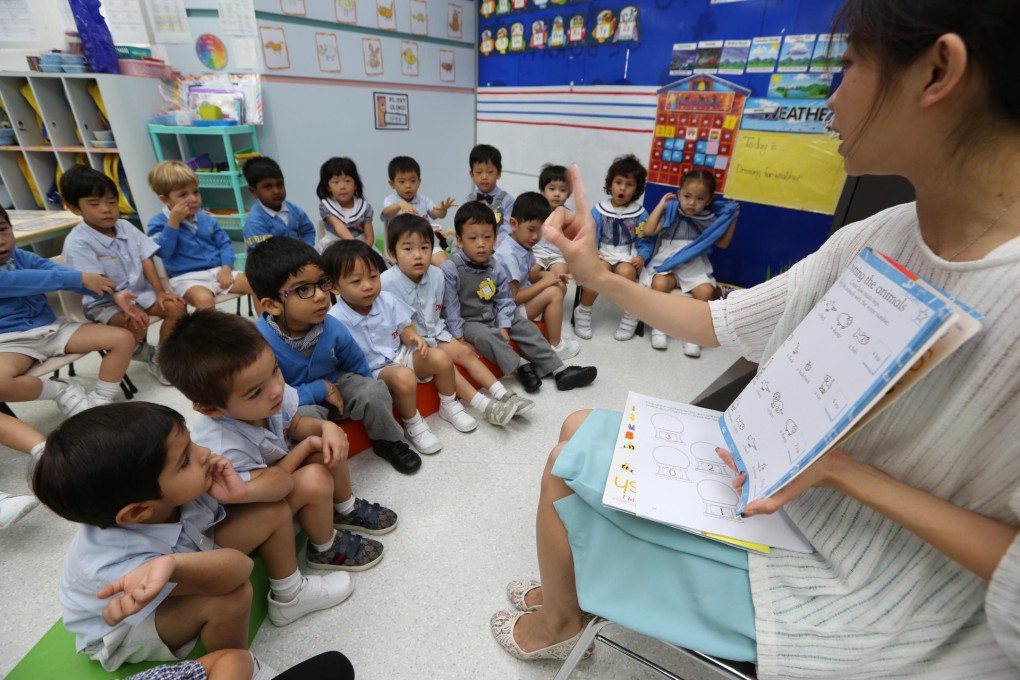Bilingual children may have lower Alzheimer's risk
Learning two or more languages benefits a child's overall academic ability, and may even guard against disease, an expert says

Being raised bilingual is good for you. It can boost your language attainment, enhance overall academic performance and perhaps even protect you against Alzheimer's disease in later life.
That is the good news for Hong Kong from one of the world's leading experts on the biological foundations of language learning.
Cognitive neuroscientist Dr Laura-Ann Petitto shared the latest scientific findings on bilingualism - including her own discoveries - in a lecture to mark the launch of University of Hong Kong's Science of Learning research centre.
Trilingualism and full literacy in two languages is the goal for all students in Hong Kong's public education system. English and Chinese are taught at primary school and the city has at least 28 international kindergartens that teach in English and Putonghua - that's more than 70 per cent of preschools listed in the SCMP Good Schools Guide, reflecting strong demand for bilingual education among parents.
Such kindergartens are absolutely going in the right direction, says Petitto, who just spent a month at University of Hong Kong as Sin Wai-Kin Distinguished Professor in the Humanities, in recognition of her outstanding research record. Early learning is crucial to success in learning two or more languages, she says.
"When you learn two languages early in life, the human brain sets up two powerful distinct representations. The earlier you expose a child to two languages, the stronger the representations of the two languages are," Petitto says, adding that the brain also uses the specialised language tissue and systems in the left hemisphere at this stage.